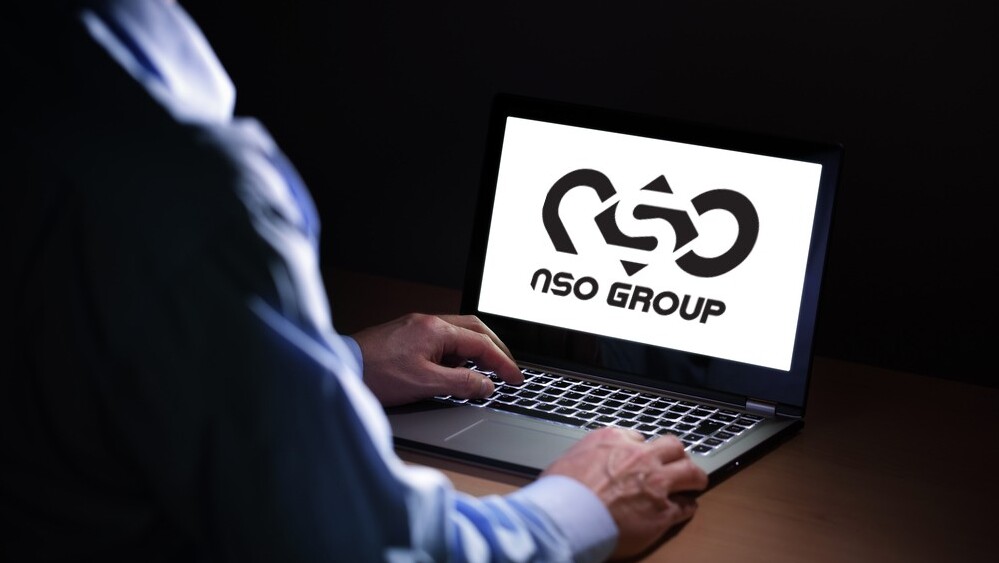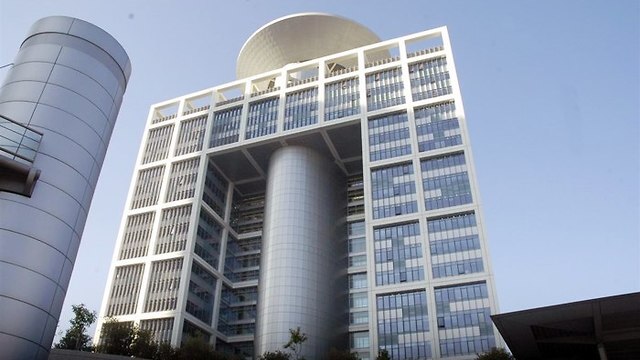Getting your Trinity Audio player ready...
It is not for nothing that Israel has been dubbed the “Startup Nation.” High-tech is Israel's pride and joy and the economy relies heavily on homegrown technological advancements.
But while Israeli technology does a lot of good both at home and in the rest of the world, it stands to reason there is also a less reputable side.
Proof of this was recently provided courtesy of Israeli firm NSO Group, whose Pegasus spyware was recently the subject of a Washington Post expose, which gave the world a glimpse into the less savory side of Israeli high-tech.
According to the Post, Pegasus was routinely used to hack the phones of reporters and activists around the world, including in countries such as Mexico, India, and Saudi Arabia, the latter of which reportedly used the spyware to track Saudi journalist Jamal Khashoggi before his assassination in Turkey in 2018.
The global fight against terrorism means taking the gloves off. There is no over-reliance on human rights nor protection of privacy.
And or as long as spyware is used to expose those involved in terrorism, companies such as NSO who develop these programs deserve praise.
The issue lies in the fact that when a government purchases such powerful software, it can easily make any dissident into a target.
4 View gallery


Saudi dissident journalist Jamal Khashoggi is believed to have been tracked by NSO software in the run-up to his 2018 murder
(Photo: AP)
According to the Post, Pegasus was used by a long list of countries to reach tens of thousands of people who have nothing to do with terrorism or have any criminal record.
Tens of thousands of journalists and activists were apparently all under surveillance.
It does not take spying on tens of thousands of people to raise questions about NSO’s conduct. Because even a solitary journalist under surveillance is one too many.
Pegasus is NSO's primary product, which has been and is used for spying. Due to its characteristics, Pegasus is viewed as nothing short of a weapon. This means that any country wishing to purchase the spyware must first receive the approval of Israel's Defense Ministry and Foreign Ministry.
Therefore, assuming Pegasus was used to spy on journalists and activists as claimed, the responsibility also lies with Israel, whose oversight mechanisms have failed.
And while Sunday’s report does not blame Israel directly, global coverage of the expose have already started mentioning Israel in reports.
This is not the first time that NSO has been linked to hacking the phones of reporters and activists.
The Facebook-owned WhatsApp application filed a lawsuit against the Israeli company in 2019 in the state of California, claiming that it helped breach dozens of accounts. This lawsuit was followed by a multitude of additional accusations against NSO over the years.
It seems then, that the writing was very much on the wall.
Someone at the Defense Ministry or Foreign Ministry supervisory and licensing systems should have caught wind of what was happening with the Israeli company, whose name has been linked to a multitude of cyber attacks that have absolutely nothing to do with counter-terrorism.
NSO for its part denies the claims of enabling surveillance of members of the press, and also claims that it has means to shut down improper surveillance operated by any state.
And while it is possible that the furor over the recent expose will die down within a few days, as is the way with such revelations, the Washington Post report itself and the company’s response must both be examined carefully, for the freedom of the press is on the line.
What has happened in some countries - and is perhaps still happening - may creep into other nations as well, perhaps even Israel.
To prevent such a situation, we must remain constantly vigilant.




